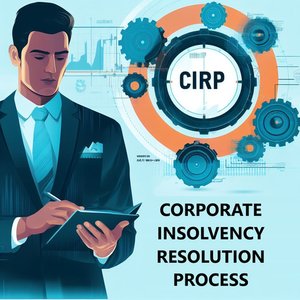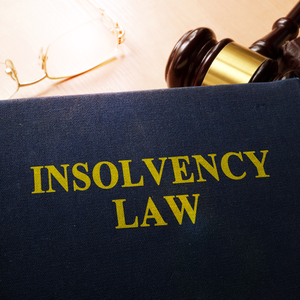Insolvency & Restructuring

OVERVIEW
Acuity Law’s Restructuring & Insolvency practice provides comprehensive advisory services under the Insolvency and Bankruptcy Code, 2016. We assist financial creditors, corporate debtors, operational creditors, resolution applicants and insolvency professionals. Given the Firm’s expertise in Corporate and Tax practice, Acuity Law is in a unique position to assist parties in resolving insolvency related matters.
ROLE
- From the point of view of a corporate debtor, our expertise lies in devising strategy under the IBC, Companies Act, 2013, guidelines issued by the Reserve Bank of India and other applicable laws to restructure the business.
- We are also at the forefront in aiding and assisting operational creditors and financial creditors in drafting applications for initiating insolvency proceedings against corporate debtors and providing negotiation support to settle or claim unpaid dues
- Our practice also includes representing financial creditors, corporate debtors or operational creditors in National Company Law Tribunal and the appellate tribunal /courts on various matters relating to the IBC
Corporate Insolvency
The Insolvency and Bankruptcy Code, 2016 (Code) was enacted to revamp the insolvency and bankruptcy laws and resolve problems being faced by creditors due to non-repayment of outstanding dues by corporate borrowers.
This primer deals with the fundamental principles of corporate insolvency, its related procedure and relevant law in India.
The Insolvency and Bankruptcy Board of India
(Insolvency Resolution Process for Corporate Persons) Regulations, 2016 (CIRP Regulations) were formulated to carry out the provisions of the Insolvency and Bankruptcy Code, 2016 (Code). These regulations are applicable to the corporate insolvency resolution process (CIRP). Here we present an overview of the CIRP Regulations and related procedures.























